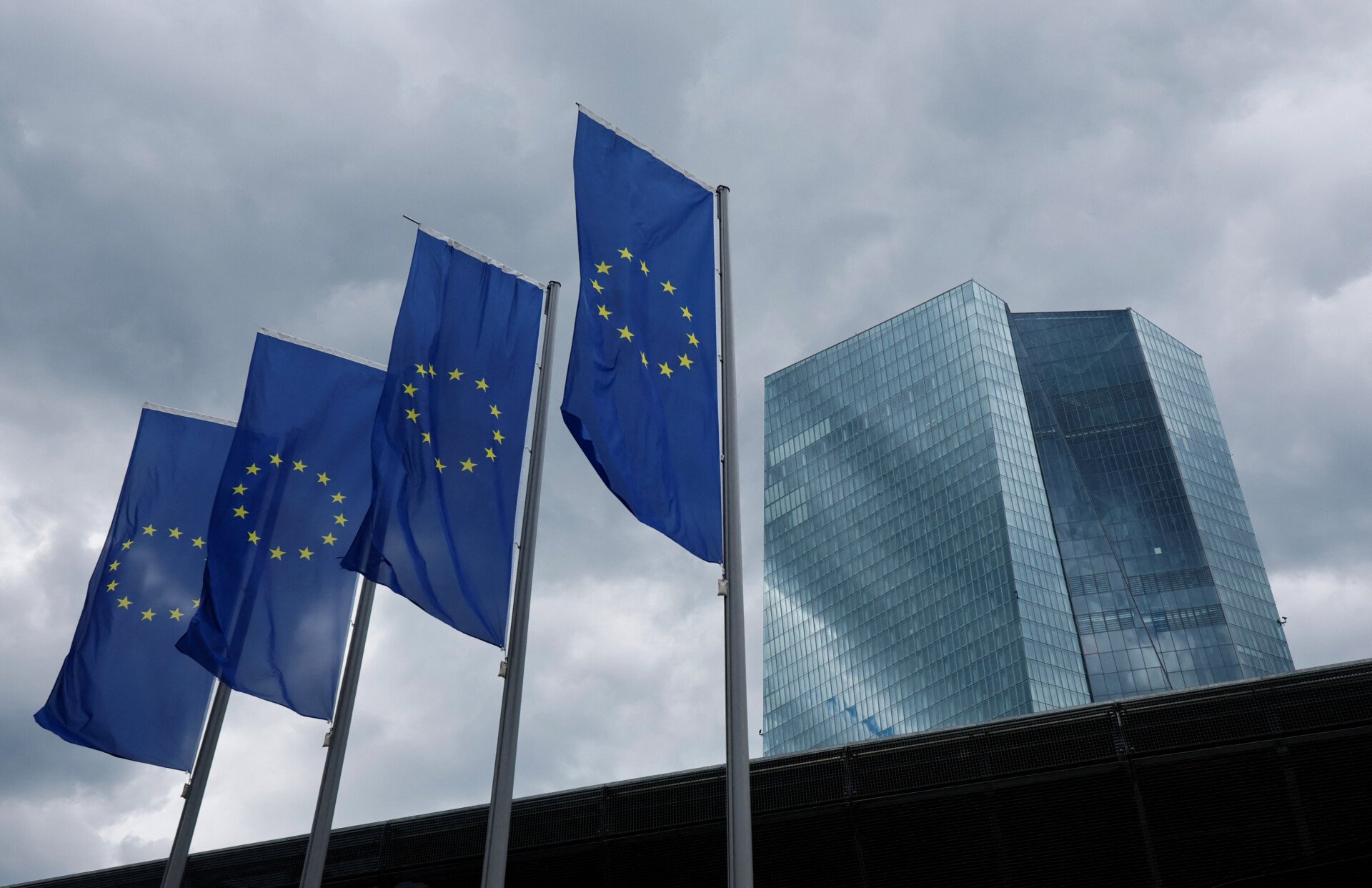
“Another wave of geopolitical shocks” and “increasing political uncertainty within Europe”: these are the main risks that the euro area may face in the medium term, according to Fabio Panetta, the veteran governor of the Italian Central Bank and a member of the Governing Council of the European Central Bank.
With his distinctive ability to send clear messages without mincing words, the Governor of the Bank of Italy warned that the European Central Bank must remain prepared to manage shocks, geopolitical risks and national political turmoil. “It is now clear that diplomatic and military conflicts between countries can have significant impacts on trade, capital flows, growth and prices,” Panetta said, speaking in Helsinki during the Bank of Finland’s International Monetary Policy Conference on “Monetary Policy in Low and High Economies.” Inflationary environments.”
Three days before the decisive first round of the French parliamentary elections, Panetta spoke of “monetary policy after the perfect storm.” . The governor of the Italian Central Bank said: “The eurozone has emerged from a perfect storm, a violent onslaught of inflation driven by a series of large and unexpected shocks.”
Macron is like…Cameron
After all, it is not only France that threatens to plunge the eurozone into chaos, if the opinion polls are verified and the far-right National Rally party, led by Marine Le Pen and her “successor,” 28-year-old Jordan Bardella, emerges strongly in the elections. The election.
Many compare the situation that arose in France after President Macron’s decision to call early elections, with the long-awaited move by former British Prime Minister David Cameron to organize a referendum on Britain’s exit from the European Union. The consequences of these two “hasty” decisions have had and will have painful consequences for the power of the European Union.
Franco-German axle amputation
A far-right National Rally government would politically “paralyze” the already weak Franco-German axis, which has been guiding Europe’s destinies for decades.
The policies of Paris and Berlin will diverge further as France’s far-right government puts heavy pressure on Brussels to relax the Stability Pact rules to address public debt and deficits. This would open up the Eulerian belt to other countries with high debts and deficits, market participants at Naftemporiki stress.
The same sources point out that “there will also be a strong push from France for a more protectionist trade policy that will defend the agricultural economy and industry in Europe more and more,” adding: “We know, of course, that protectionism can lead to the collapse of Europe.” Because it risks making them poorer overall: in fact, opening borders increases collective well-being.
“Pie” for a few
The problem is that in these years of globalization, the “pie” has grown thanks to international trade, but it has been shared among fewer people. This is because the wealth redistribution mechanism called fiscal policy does not empower the lower strata of society. A far-right French government will try to impose an economic policy that is exactly the opposite of what Brussels has been following until now.”
Even if the French president insists on how he will continue to lead the country until his term ends in 2027, no one can hold his hand to the fire, given Macron’s growing popularity, which already stands at 71%.
political unrest
They pointed out that “the political turmoil will be of unexpected proportions, in a country that was and remains very crucial to European construction, one of the pillars of NATO in Europe, a permanent member of the United Nations Security Council and one that has 300 nuclear bombs.” “N” European diplomats in Brussels.
Perhaps more dangerous than that is the possibility of the far right winning, without an absolute majority in the new parliament, which would make it impossible to form a stable government.
In this case, a political crisis could erupt in France, with unpredictable consequences for the country itself, but also for the European Union, at a time when it is trying to hide its decline in the face of the rest of the world powers. United States and China.”
“Economic bomb”
The looming political impasse has set off a financial bomb in the markets, with hundreds of billions of euros already lost on the Paris stock market. Even the Chancellor of the Exchequer, Bruno Le Maire, warned of a financial catastrophe, like that caused by Liz Truss’s brief stay in Downing Street, causing the British economy to collapse and unleashing… chaos in the markets.
France may become the epicenter of a real crisis in the eurozone, because it represents 17.2% of the GDP of the twenty member states.
As Gustavo Rega, professor of political economy at the University of Rome, puts it: “If a far-right government is formed in France, we should expect a European Commission that is tougher on Paris. This would lead to a situation that would make European survival more complicated…

“Avid problem solver. Extreme social media junkie. Beer buff. Coffee guru. Internet geek. Travel ninja.”





More Stories
“Recycling – Changing the water heater”: the possibility of paying the financing to the institution once or partially
Libya: US General Meets Haftar Amid Tensions Between Governments
New tax exemption package and incentives for business and corporate mergers..